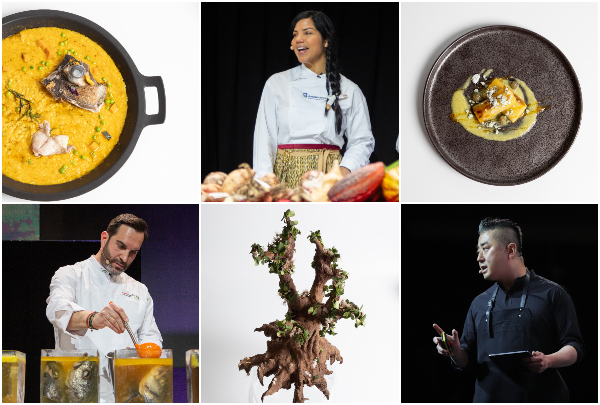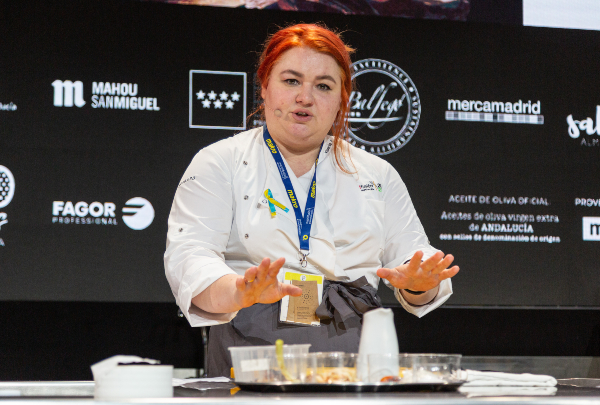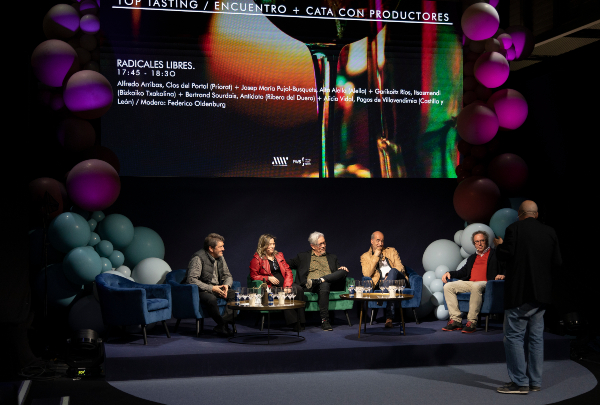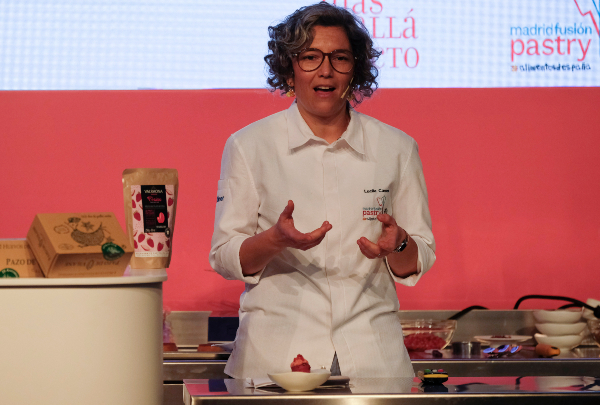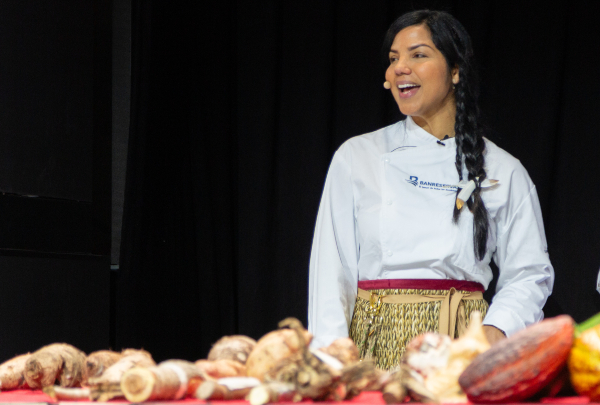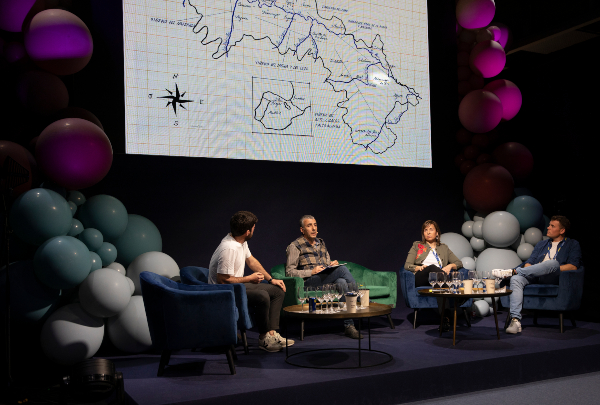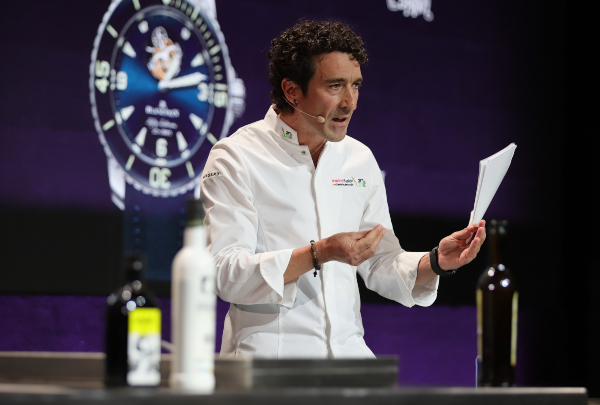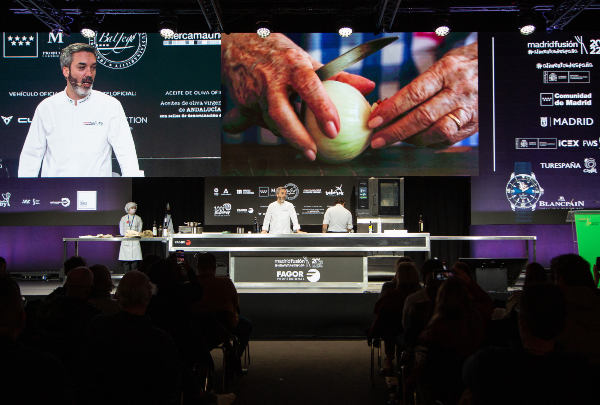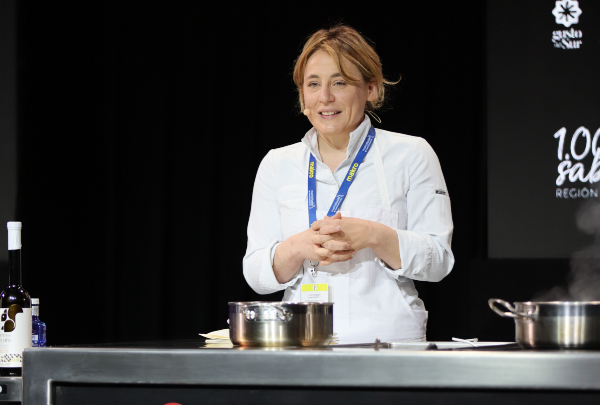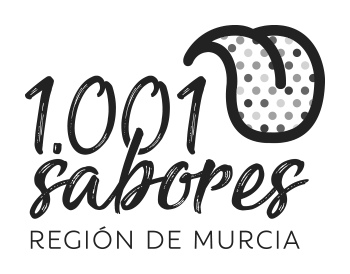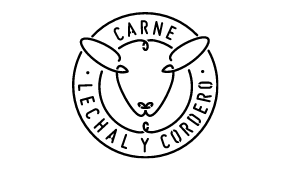News
Hisato Hamada, the bridge between breeders and diners
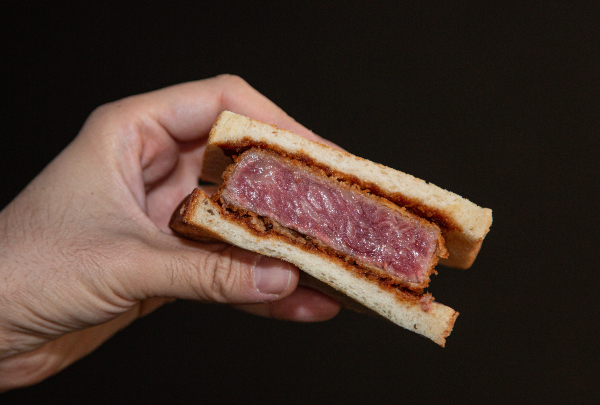
The Japanese maestro demonstrates the excellent qualities of wagyu, meat that is not so much cut as "polished like a diamond".
Hisato Hamada started cooking with his mother, but circumstances led him to work in the film business for fifteen years, mainly as a distributor. He continued to cook, but only for his personal enjoyment. Until a livestock breeder invited him to his farm in 2007. This changed his life. They ate different parts of the wagyu. “A kilo, I think it was”, recalled the Japanese maestro on stage at Madrid Fusión Alimentos de España.
“Things happened to me the following morning. My stomach was empty, which astounded me", he went on. That meeting with the breeder took place at a time when he had lost all his motivation. “But he inspired me. He asked me to act as a bridge between breeders and consumers. And so I decided to talk about wagyu all over the world", explained Hamada.
This catharsis has a name, Wagyumafia. It began with a food truck a decade ago, and now it is composed of fifteen restaurants, in Tokyo (eleven), Hong Kong (three), with another about to be opened in Sydney. Hamada has also visited 87 cities in three years (with the mandatory pandemic parenthesis) to extol the virtues of wagyu, meat that is not cut. “It is polished like a diamond”, argued the Japanese chef, who is the only chef with direct access to this kind of animal in Japan. “When we say wagyu outside Japan, it's not the real thing. The animals are mostly cross-bred with angus cattle", said Hamada, who buys full animals and makes use of all their parts. “Even for cocktails”, he said as he began work on a "kasando", a kind of sandwich.
With this philosophy of polishing every section, on stage Hamada separated out the different sections with appealing names (such as "pencil", "eclipse" ...) until he had reached the central section he needed for his recipe. Hamada also took a few questions from those present, telling them, for example, that wagyu meat does not require any maturing process, although he sometimes does this to obtain "a different flavour". “At the end of the day, it's just like wines”, he went on as his assistant chef was finishing the task. A task that was shared out among grateful congress-goers, with a clear message: “It's not so much how much you eat as being happy as you eat".

 600.jpg)
